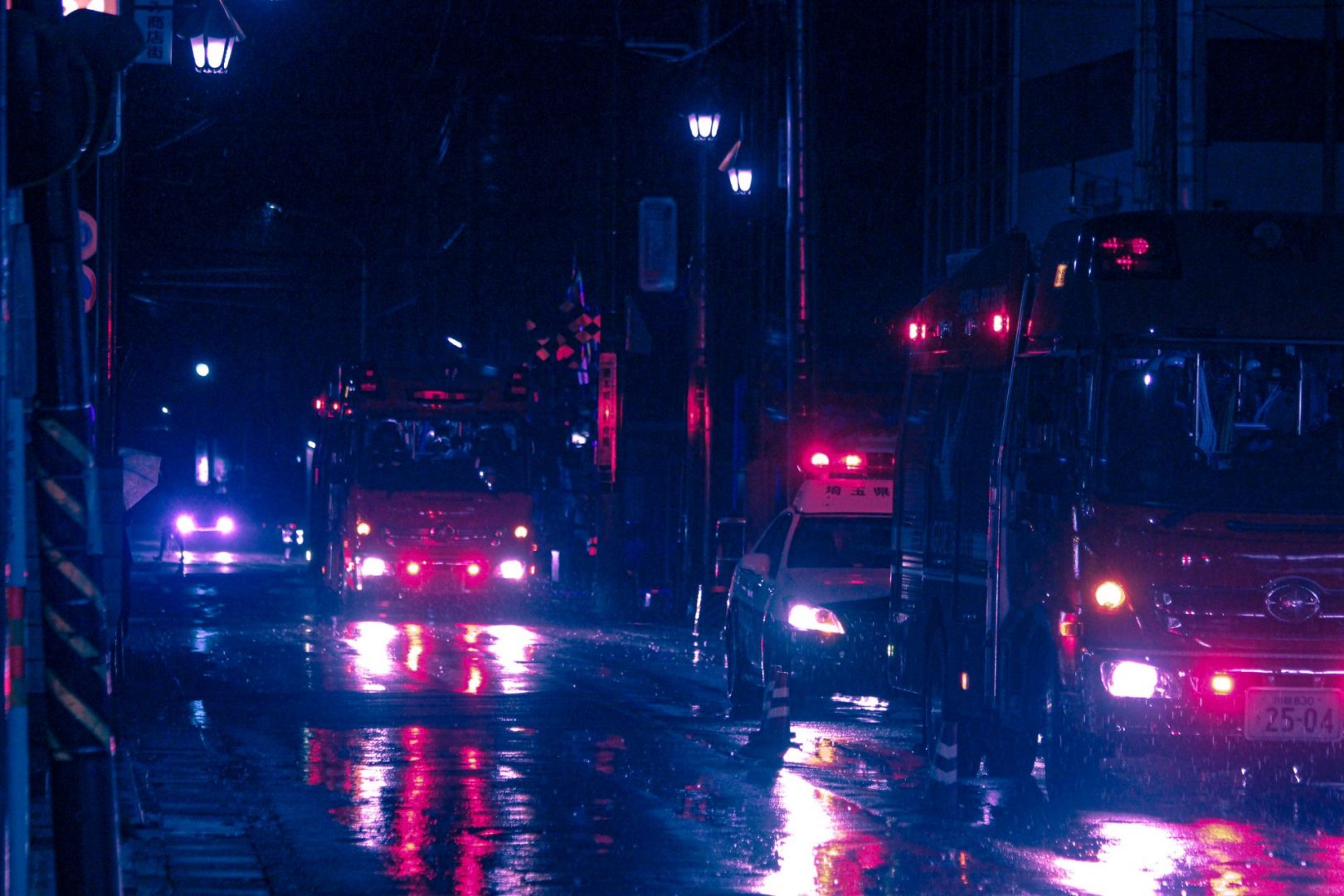Gehan Gunatilleke
Sri Lanka’s President issued a new set of Emergency Regulations on 22 April. This note explains the contents of Emergency Regulation 15, which concerns the ‘control of publications’, and certain other regulations relevant to publication.
There are four features in Regulation 15 worth discussing. Before explaining these features, we should note that a ‘competent authority’ is defined in Emergency Regulation 2 as ‘any person appointed by name, or by office, by the President to be a competent authority’. Regulation 15 does not provide any specific definition for a ‘competent authority’, so we can presume this general definition applies to Regulation 15.
Restriction on publication
First, a competent authority (CA) is given the power to restrict the publication (in Sri Lanka) or transmission (to a place outside Sri Lanka) of something that might be prejudicial to national security, or certain other similar aims. Other aims include public order and the maintenance of essential services. The decision to issue directions can be based on the opinion of the CA.
The general focus of this Regulation is on the ‘publication’ of something. However, the term ‘transmission’ can include sharing information to a place outside Sri Lanka even privately. Any person who contravenes a direction of a CA is guilty of an offence.
Prior censorship
Second, a CA can require material, including news reports, editorials, articles, and cartoons, to be submitted to the CA before publication. Regulation 15 therefore appears to enable prior censorship. A plain reading of this provision suggests that the CA’s powers are broad enough to cover any publication that, in the CA’s opinion, might be prejudicial to national security or certain other similar aims.
Newspapers and printing presses
Third, if an offence relates to publishing a newspaper, the President can prohibit the person (convicted of the offence) from publishing a newspaper in Sri Lanka. Alternatively, if a person contravenes a direction of a CA, and the contravention relates to publishing a newspaper, or if the CA is of the opinion that something calculated to be prejudicial to national security (or other such aims) is likely to be published in a newspaper, the CA may (by issuing an order) prohibit the printing, publishing and distribution of that newspaper.
In the case of a contravention, the CA is required to first give a warning to the person. However, no warning appears to be necessary when the CA is of the opinion that something calculated to be prejudicial to national security (or other such aims) is likely to be published in a newspaper.
Regulation 15 defines ‘newspaper’ to include any form of publication. This definition can potentially include online publications.
The CA may also prohibit the use of the relevant printing press for any purpose, and may authorise the seizure of the printing press or the premises where it is located. Such powers apply not only to a newspaper specifically named by the CA in an order, but also to any other newspaper (under any other name) that publishes the same content of the newspaper specifically named by the CA.
The powers of seizing a printing press extends to situations where the CA is of the opinion that the printing press is likely to be used to produce a document calculated to prejudice national security (or other such aims), even if such document is not meant for publication.
Advisory Committees
Fourth, the President must appoint one or more ‘Advisory Committees’ that are authorised to hear objections from a person dissatisfied with an order of a CA with respect to a newspaper publication or printing press. All members of such committees, including the chairperson, are appointed by the President.
The CA is duty-bound to inform the proprietor of the relevant newspaper or the owner of the relevant printing press that he (or she) can make representations to the President, and make objections to an Advisory Committee. The Advisory Committee must submit a report to the President, who may revoke or vary the order.
Other offences
Apart from Regulation 15, Regulations 32 and 33 contain prohibitions that relate to speech and publication. Regulation 32 prohibits dissemination of any ‘rumour’ or ‘false statement’ likely to cause ‘public alarm’ or ‘public disorder’.
Regulation 33 prohibits printing or publishing any document that gives information on or comments on the activities of any banned organisation, or any matter pertaining to investigations of the government into a ‘terrorism movement’, or any matter pertaining to the security of Sri Lanka. For example, publishing a leaked intelligence document would be prohibited under this Regulation.
Consequences
When a newspaper contravenes any provision of Regulation 15, the proprietor, manager, editor and publisher of the newspaper are all separately guilty of an offence.
The consequences of committing an offence under Regulations 15, 32 and 33 are contained in Regulation 49. The Regulation provides that a person guilty of an offence can be punished with rigorous imprisonment for a term not less than three months and not exceeding five years, and to a fine of not less than five hundred rupees and not exceeding five thousand rupees.
(The author is an Attorney-at-Law and Research Director at Verité Research. He thanks Luwie Ganeshathasan, Malsirini de Silva and Rehana Mohammed for their generous time in reviewing this note).
Original post: DailyFT
